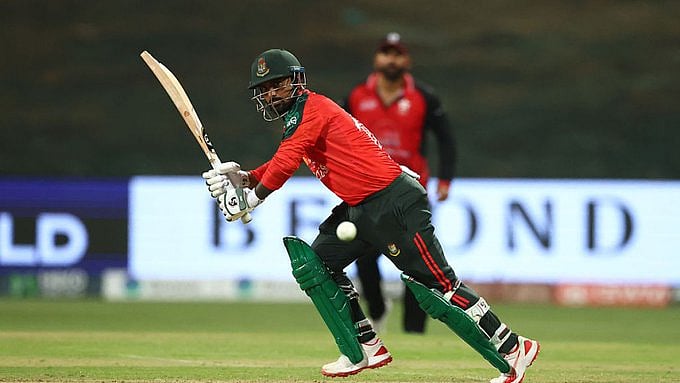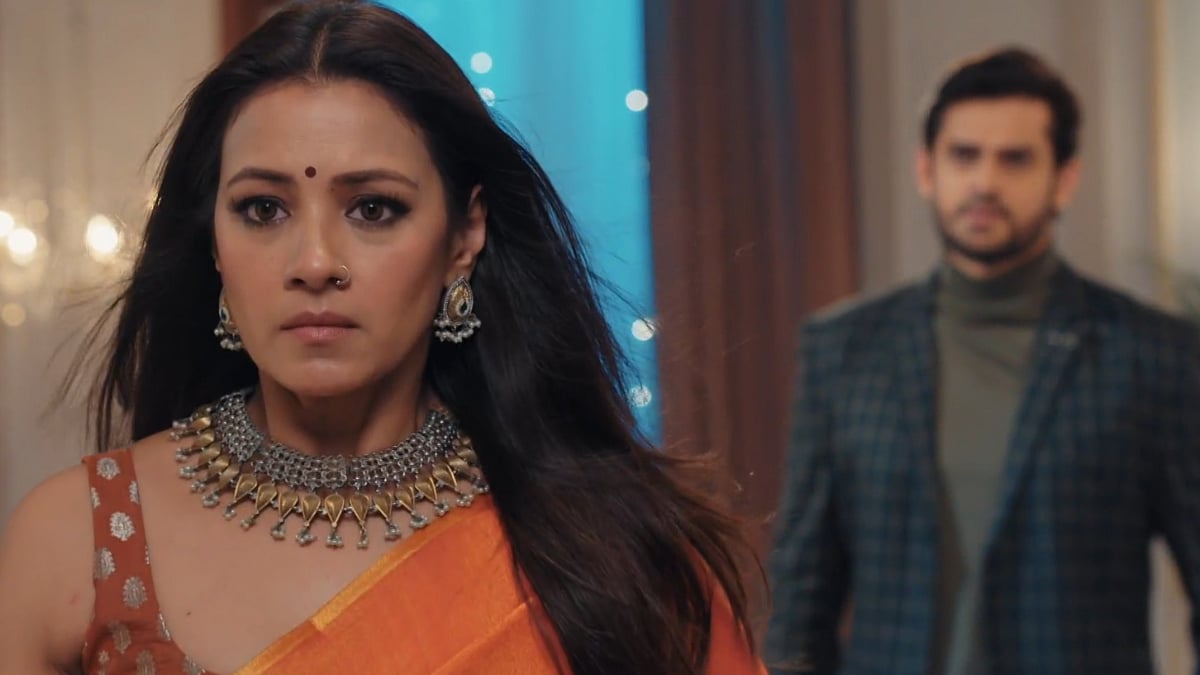Director: Siddharth P Malhotra
Cast: Junaid Khan, Jaideep Ahlawat, Shalini Pandey, Sharvari and others.
Where: Streaming on Netflix
Rating: 2
Maharaj isn’t close to being a perfect watch of the pre-independence portrayal of Bombay and the orthodox rituals of self-proclaimed godmen that existed around 1862 in popular Vaishnav tradition. Based on the book under the same title and the Maharaj Libel Case, filmmaker Siddharth P Malhotra brings a well-perceived story that is strongly influenced by a bit of Bhansali’s midas touch—possibly with the garbas, colours, or even humour.
There have been interpretations of lusty godmen done in our projects in the recent past—Prakash Jha’s Aashram franchise and Apoorv Singh Karki’s Sirf Ek Bandaa Kaafi Hai—that are mostly based on the life of Aasharam Bapu, to name a few. Siddharth, who earlier helmed the films We Are Family (2010) and Hichki (2018) that are high on emotions, changed his trajectory with Maharaj. This social drama questions religious beliefs and conservative values.
Yaduraj Maharaj, aka JJ (Jaideep Ahlawat), is the torchbearer of an old ritual from the primitive era. He practices Charan Sewa and performs sexual intercourse with young girls before they get to their would-be husbands. Karsandas (Junaid Khan), a progressive journalist who is soon to get married to Kishori (Shalini Pandey), an innocent girl in the neighborhood, is against this practice.
To stop this, he joins forces with Viraj (Sharvari) and the two decide to unmask the ill intentions of JJ. Will they both succeed?
Siddharth, as a filmmaker, has a knack for stirring emotions quite well but Maharaj, he misses the bus big time. He tackled the subject a bit carefully in a neat and tidy way but the question here is, whether the audience has a palate for a periodic film underlining custom that shook the judicial system and the beliefs of the Vaishnav community back then.
With an approximate runtime of 142 minutes, Maharaj seems lengthy, boring, and quite dated. Siddharth perhaps knew the trickiness of the subject he was dealing with but his unsettling screenplay compels the film to be a yawn fest.
Jaideep Ahlawat is the backbone of this wobbling film. He won’t allow to move eyes from him even for a bit. His postures, pauses, and physicality are in sync with his character. The new kid on the block, Junaid, is watchable but has a long way to go. He is surely not unbearable but he is undercooked. He has to catch up a lot with his dialogue deliveries, screen techniques and so on. The girls—Shalini of Jayeshbhai Jordaar (2022) fame and Sharvari of Munjya (2024) fame—are decent and play their parts with utmost justice.
Maharaj, which highlights one of the odd customs, is neither entertaining nor has any newness. The film, although it aims to tap the digital audience, is worrisome.












